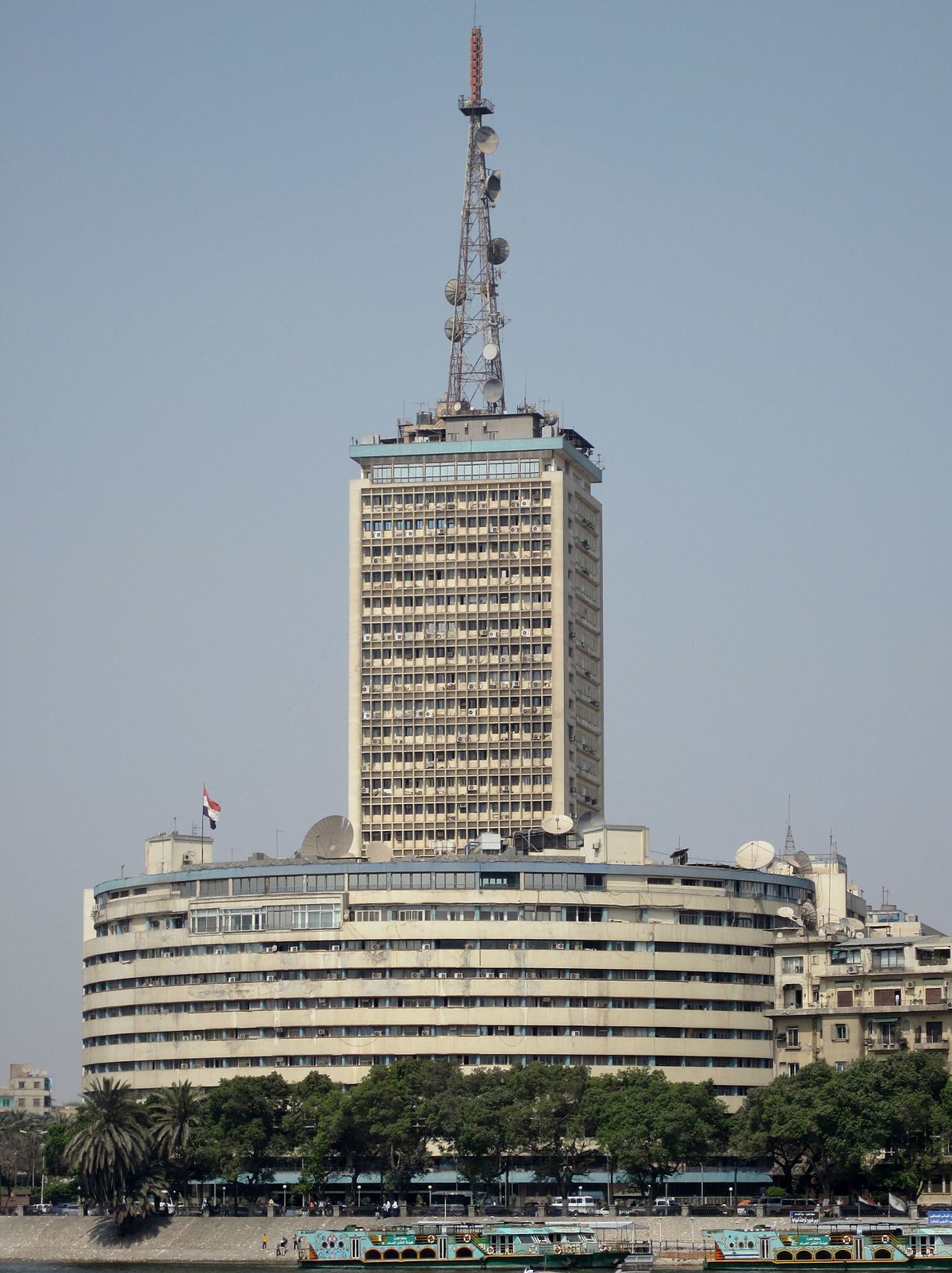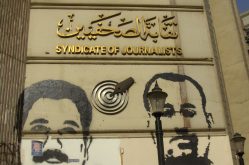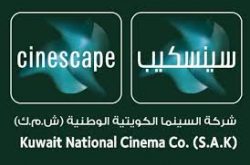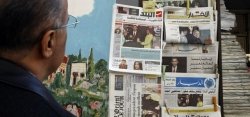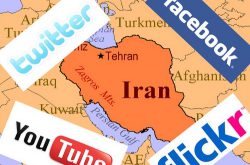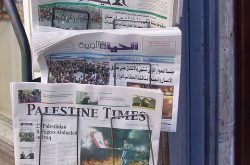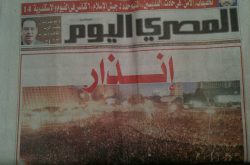Muhammad Y Gamal makes a compelling case for the establishment of an Egyptian Audiovisual Translation Authority. Laying out a short history of translation in Egypt, Gamal argues that the country has not laid the groundwork to keep up with changing modalities of translation and communication in the information age. This, he argues, is critical for the proper development of several sectors, including education, tourism, entertainment and foreign affairs.
Read More »Research Articles
Mapping Egypt’s Media: State Influence in a Transforming Landscape
President of the Egyptian Radio and Television Institute Gamal El Shaer presents unique insight into the current Egyptian media landscape. Grounded in historical discussion of the evolution of broadcast, print, and digital media in Egypt, El Shaer offers lucid description and analysis of how we have arrived at the current post-Revolution media environment. This article also tackles some of the challenges currently facing the country’s media in terms of the relationship between the state and the media, ownership structures, research, and professionalism.
Read More »Audiovisual Translation in the Arab World (v 0.4): Mapping the Field
As part of an ongoing body of literature on audiovisual translation in the Arab World, Muhammad Y Gamal examines barriers to localization in an increasingly digital world. Gamal posits that closing the regional gap and developing local expertise requires a multi-pronged approach, targeting both pedagogy and practice.
Read More »A Revolutionary Role or a Remnant of the Past? The Future of the Egyptian Journalist Syndicate after the January 25th Revolution
Miriam Berger reports on change and stagnation at the Egyptian Journalist Syndicate, Egypt’s only official journalist union. Through interviews with syndicate members and media observers, she paints a granular picture of how efforts to reform the syndicate remain blocked by entrenched political, economic and state interests.
Read More »International Media and Local Programming: The Case of Kuwait
At a time when Hollywood movies are a global commodity, Mohamed Satti studies the extent of their impact on cinema and television in Kuwait. He shows that while American films dominate the movie theaters, local production of television content continues to be strong.
Read More »The Myth of Media Freedom in Lebanon
Nabil Dajani critiques the perception that Lebanon enjoys one of the freest media systems in the Arab world, showing how its foundations in confessional politics and business interests prevent it from functioning as a public service, a control on power, or a voice for the voiceless.
Read More »How Social Media Can Shape a Protest Movement: The Cases of Egypt in 2011 and Iran in 2009
Focusing on the role of social media as a tool for both framing and offline organizing, Felix Tusa compares the Iranian election protests of 2009 with those of the Egyptian revolution of 2011. Unlike Egyptian netizens, Iranians engaged in far less framing and over-relied on social media for organizational purposes, thus partially contributing to the failure of their movement.
Read More »Online Mobilization in Times of Conflict: A Framing-Analysis Perspective
Well before social media’s celebrated role in the uprisings of the Arab Spring, Mohamed Ben Moussa argues, the Internet was shaping collective action and political advocacy in Muslim-majority societies in important ways. Looking at Moroccan social movements’ framing of the 2009 Gaza war online, Ben Moussa details how the use of the Internet shapes their structure, boundaries and mobilization capacity.
Read More »Palestine’s Occupied Fourth Estate: An Inside Look at the Work Lives of Palestinian Print Journalists
In a study of three Palestinian newspapers, Miriam Berger identifies both internal and external pressures that profoundly limit the autonomy and development of Palestinian print journalism. In-depth interviews with Palestinian journalists and a focus on their work conditions reveal untold stories about the obstacles and red lines faced on a daily basis.
Read More »Is the Egyptian Press Ready for Democracy? Evaluating Newspaper Coverage as an Indicator of Democratization
Noah Rayman performs a quantitative textual analysis of pre- and post-revolution news coverage in the Egyptian independent newspaper Al-Masry Al-Youm. He finds that the extent of the paper’s post-revolutionary political coverage and social engagement indicate that Egyptian society and media is progressing on the path to democratization, despite the fact that qualitative analysis paints a less optimistic picture.
Read More » Arab Media & Society The Arab Media Hub
Arab Media & Society The Arab Media Hub

